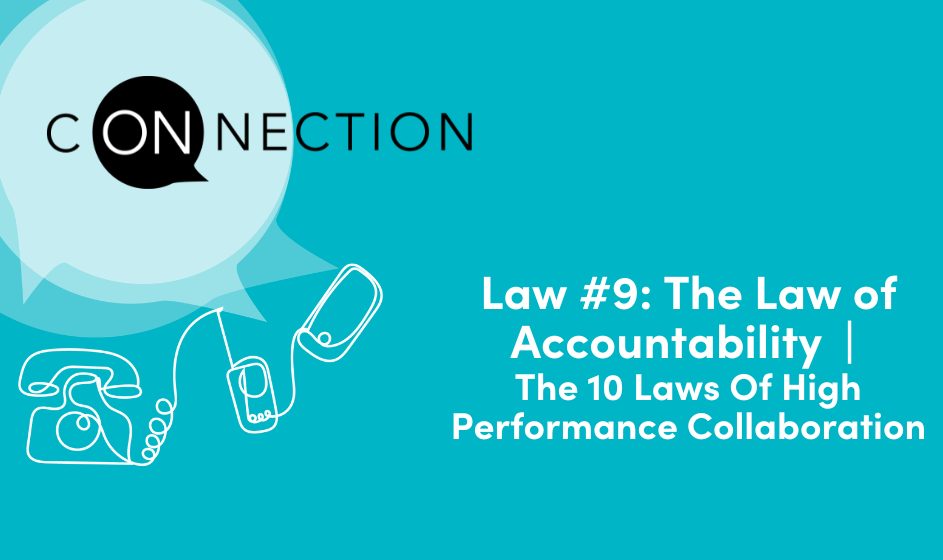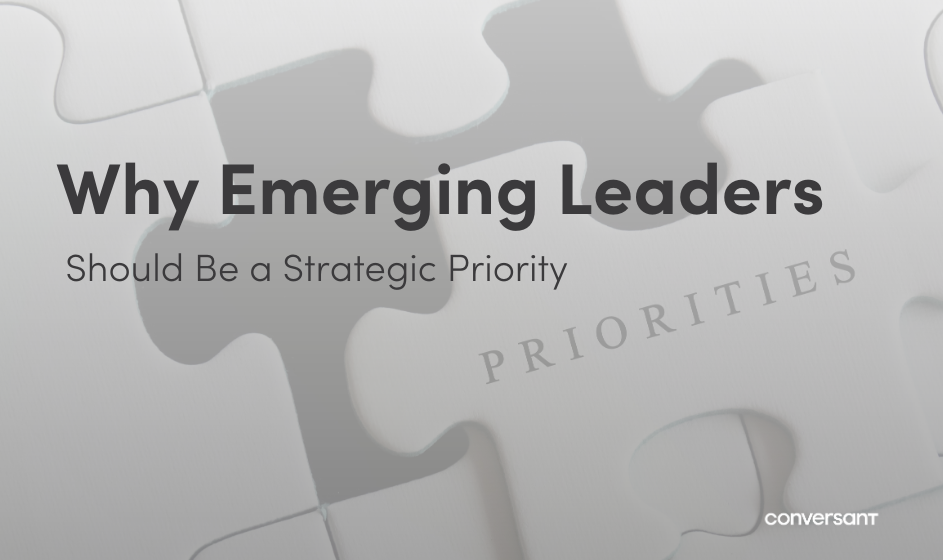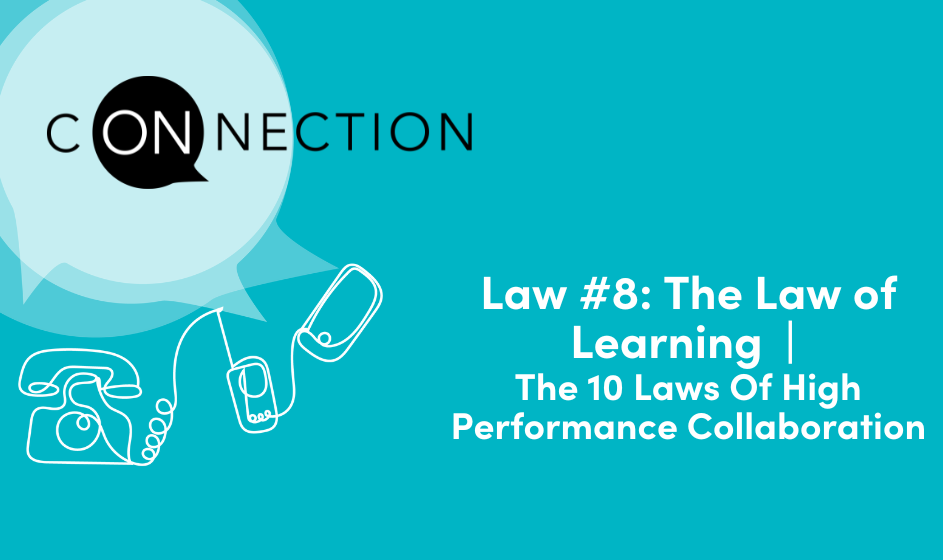The Power of Conversations in the Age of AI: The One Skill That Won’t Be Automated
The Machine That Never Blinked
In 1997, IBM’s Deep Blue defeated Garry Kasparov, the world chess champion. It was a historic moment—the first time a machine had outplayed a human grandmaster. Yet, in a peculiar twist, it didn’t spell the end of chess as a human endeavor. Instead, it birthed a new form of competition: centaur chess, where human intuition and strategic reasoning combined with AI’s raw computational power created a hybrid force stronger than either alone.
Fast forward to today, and AI is no longer just playing chess—it’s writing code, designing marketing campaigns, diagnosing diseases, and even generating art. The shift is seismic: AI is replacing many human tasks, and, paradoxically, this is both a tremendous advantage and a hidden risk.
The Great Productivity Paradox: AI’s Double-Edged Sword
On the surface, AI-driven automation is a productivity goldmine. Companies are replacing human effort in repetitive and analytical tasks with algorithms that work at lightning speed. A McKinsey report estimates that 30% of global working hours could be automated by 2030, fundamentally reshaping industries. This is, undoubtedly, good news—efficiency skyrockets, costs plummet, and output accelerates.
But beneath this wave of automation lurks a critical risk: the more we outsource execution to machines, the less we might exercise the uniquely human skills that drive collaboration, innovation, and leadership. Productivity isn’t just about speed—it’s about the ability to navigate complexity, align teams, and spark creativity. AI doesn’t struggle with data processing, but it doesn’t understand nuance, social context, or the intricate dance of persuasion and trust-building. The most advanced AI still cannot replace the power of a well-placed question in a high-stakes negotiation or the subtle dynamics of a team brainstorming session.
Conversations: The Last Bastion of Human Competitive Advantage
If AI is automating tasks, what’s left for humans? The answer: the art of conversation. Not small talk, not transactional exchanges, but the kind of conversations that move work forward.
Leadership has always been about making decisions in uncertainty, and that requires deep human connection. A CEO can’t AI-generate trust. A manager can’t ChatGPT their way into inspiring a team. A founder can’t algorithmically persuade an investor to believe in their vision. These are conversational acts—strategic, nuanced, and irreplaceable.
Consider a boardroom discussion over a controversial company pivot. AI might surface all relevant data, simulate potential outcomes, and even craft articulate arguments for both sides. But the decision-making process still hinges on human dialogue—the tension of differing viewpoints, the weight of shared experience, the subtle power of emotional intelligence in guiding an outcome. In moments that matter most, the ability to wield conversation as a strategic tool is what distinguishes exceptional leaders from those left behind.
How Leaders Can Thrive Alongside AI
The leaders who will excel in the AI revolution aren’t those who compete with it but those who embrace it as a complement. To ensure they perform at their peak, leaders should focus on three fundamental shifts:
- Delegate Execution to AI, Elevate Strategic Dialogue“All organizations are networks of conversation.” – Mickey Connolly, from the book The Communication Catalyst
 AI is a force multiplier. Instead of micromanaging tasks AI can handle, leaders should invest their time in the highest-value activities: shaping vision, aligning stakeholders, and catalyzing innovation. This means becoming masters of facilitation—knowing how to extract the best ideas from a room, synthesize perspectives, and navigate the friction that produces breakthroughs.
AI is a force multiplier. Instead of micromanaging tasks AI can handle, leaders should invest their time in the highest-value activities: shaping vision, aligning stakeholders, and catalyzing innovation. This means becoming masters of facilitation—knowing how to extract the best ideas from a room, synthesize perspectives, and navigate the friction that produces breakthroughs.A powerful way to do this is to structure discussions around essential questions from the Cycle of Value, which elevate conversations from transactional to strategic, allowing leaders to learn which questions best serve each situation. These discussions unfold in a sequence that moves from understanding the needs of others to aligning on a shared purpose, committing to action, and ensuring meaningful follow-through. By engaging in this cycle, leaders transform conversations into a structured process that creates clarity, generates energy, and sustains accountability. It also helps ensure that AI-driven insights are integrated into real-world applications rather than existing in isolation, making decision-making more holistic and adaptive.
- Refine the Skill of Asking Transformational Questions
“One does not begin with answers. One begins by asking, ‘What are our questions?'” –Peter Drucker
AI thrives on answers; humans thrive on questions. Leaders who master the art of inquiry—who ask questions that unlock new thinking, challenge assumptions, and spark curiosity—will be the ones driving the most profound shifts in their organizations. Instead of simply reviewing AI-generated reports, the best leaders will ask: What are we missing?, What if the opposite were true?, What would a competitor never expect us to do?
To refine this skill, leaders should focus on increasing their capacity to listen at deeper levels. Using the Conversation Meter, they can assess the quality of listening within discussions—ranging from superficial exchanges to deeply engaged, generative dialogue. When leaders actively choose to elevate a conversation to higher levels of curiosity and co-creation, they drive better alignment, richer insights, and more innovative solutions. This complements AI tools by ensuring that human conversations refine and apply AI-generated insights effectively rather than passively accepting machine-driven conclusions. By deliberately shifting to higher levels of the Conversation Meter, leaders create spaces where AI and human intelligence work in harmony, leading to more strategic and impactful decisions.
- Double Down on Emotional and Social Intelligence
“When dealing with people, remember you are not dealing with creatures of logic, but with creatures of emotion.” — Dale Carnegie
As AI takes over logic-driven analysis, the uniquely human faculties of empathy, persuasion, and trust-building will become premium leadership skills. Studies show that high-EQ leaders drive better team performance and engagement, yet these skills are often neglected in professional development. The future will belong to those who can read a room, navigate tension, and forge authentic connections in an increasingly digital landscape.
Leaders must recognize their own physiological and emotional responses in conversations to develop this intelligence. By understanding bioreactions, they can identify when they are in fight, flight, freeze, or appease mode and regulate their reactions to maintain curiosity and engagement. Equally important is the ability to recognize and respond to others’ bioreactions with sensitivity and awareness. When people feel their concerns are acknowledged and valued, their sense of safety increases, reducing defensive responses and opening the door to more accurate collaboration. Leaders who attune to these signals and create environments of psychological security enable richer, more productive exchanges—turning potential conflict into opportunities for deeper understanding and shared progress.
The AI-Conversationalist Future
We are entering an age where not only tasks, but also knowledge is automated. But wisdom is irreplaceable. The most valuable leaders won’t be the ones who do or know the most—they’ll be the ones who can engage others in the conversations that matter most and create aligned and engaged actions. AI can analyze, summarize, and optimize, but it cannot inspire, persuade, or create shared meaning. That, in the end, is our last and greatest advantage.
In the era of AI, the ultimate leadership skill is conversation. The leaders who master it won’t just survive—they will redefine the future of work.






